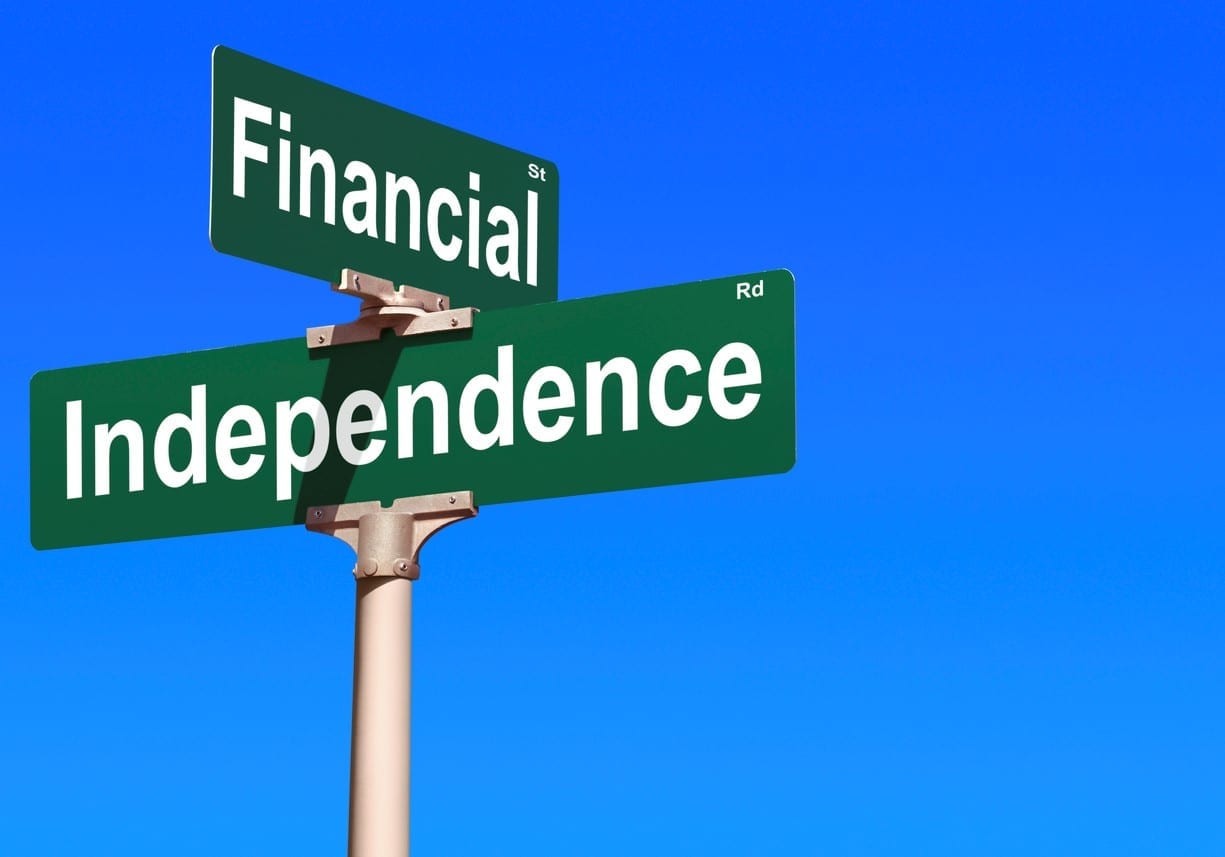How to Monitor + Increase Your Credit Score

Credit
Why Having a Good Credit Score is So Important.
Lenders evaluate each applicant for a credit card, personal loan, car, business or home loans, and lines of credit based on several factors. These factors combined serve to demonstrate that you are able to repay the debt according to the terms and conditions set forth by the lender. Payments can be made using income from your primary employment, savings, investments, child support and alimony, gifts, or any other form of income you may have. Once you build good credit, your ability to secure more attractive borrowing rates for life’s big purchases or expenses, increases exponentially!
Your FICO Score.
Equally important, is your FICO score. FICO stands for the Fair Isaac Corporation, the first company to offer lenders a numerical evaluation of a person’s credit worthiness. Today, the term refers to several companies that offer this service. Why should you know what your FICO score is? These scores are what lenders will look at as a gauge of your ability to pay bills on time, consistently, year-after-year, without ever being late or in default. A FICO score of 740 or above is the sweet spot. The higher a person’s FICO score the more credit worthy they are to a potential lender.
How to Improve Your Credit Worthiness.
People who demonstrate an ability to build employment longevity at a company or as an entrepreneur, are attractive to a potential creditor and lender. To become more credit worthy, it is important to demonstrate a commitment and consistency in your repayment efforts. People who pay their bills on time, and never miss a payment, also builds credibility with a lender, as does always paying more than the minimum amount due. The higher your FICO score is, the more likely you are to receive more attractive credit card, loan, and mortgage rate, as opposed to someone with a lower score.
People carrying large amounts of credit card debt with high balances, or balances that are consistently near the credit limit, are not looked at as favorably as people who pay their balances every month and who don’t carry balances. Creditors also look at the length of time you have been repaying the debt. For instance, if you have held the debt for a period of years and you are only paying the minimum payment, creditors will not look upon you as favorably. If a credit card or loan term is less than one year since inception, that can also affect your chances to get a credit card with a high credit offer, or a loan or mortgage that meets your needs. The length of your employment is also a key factor.




